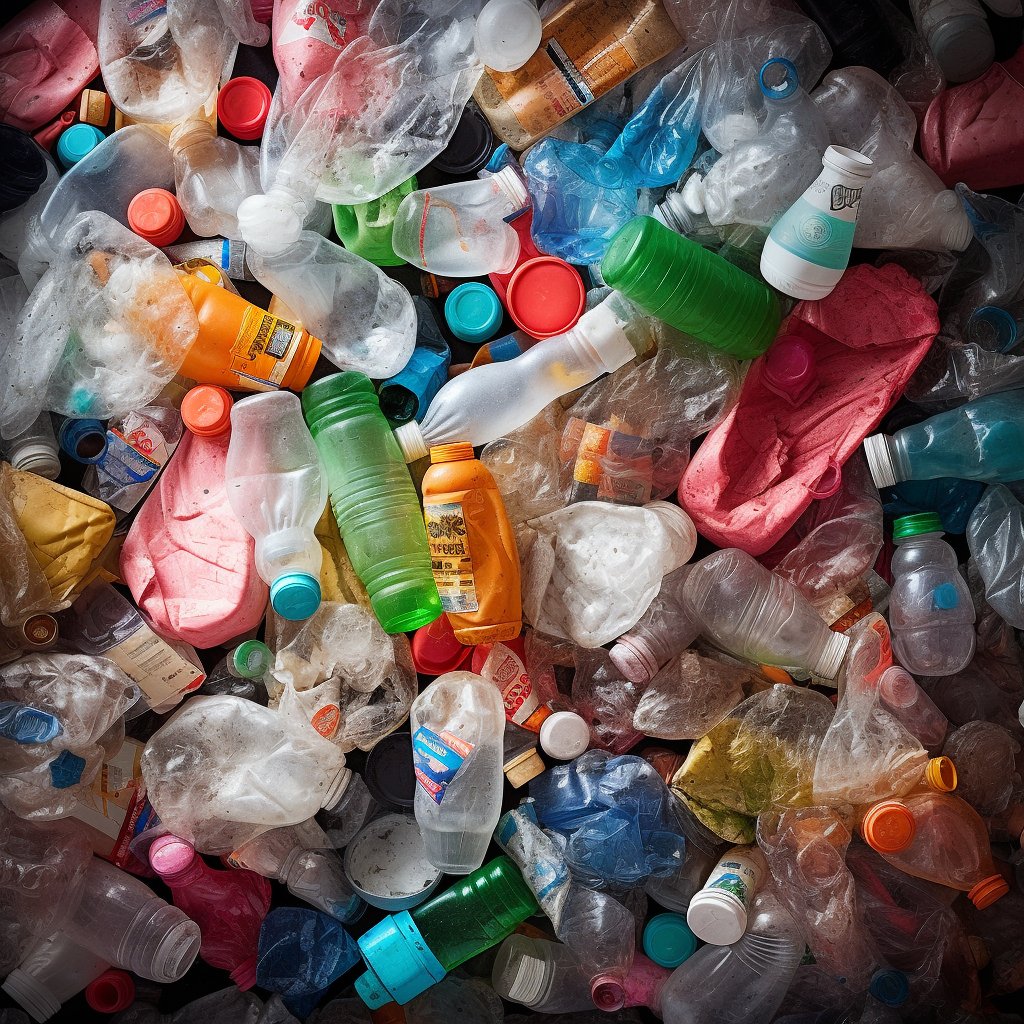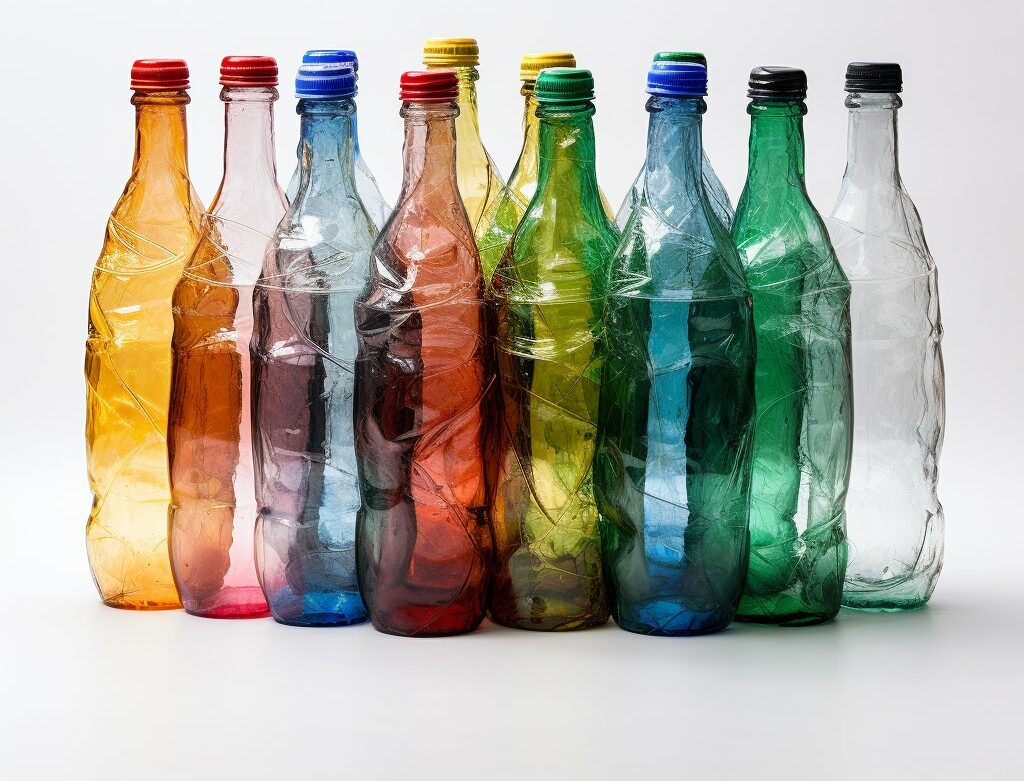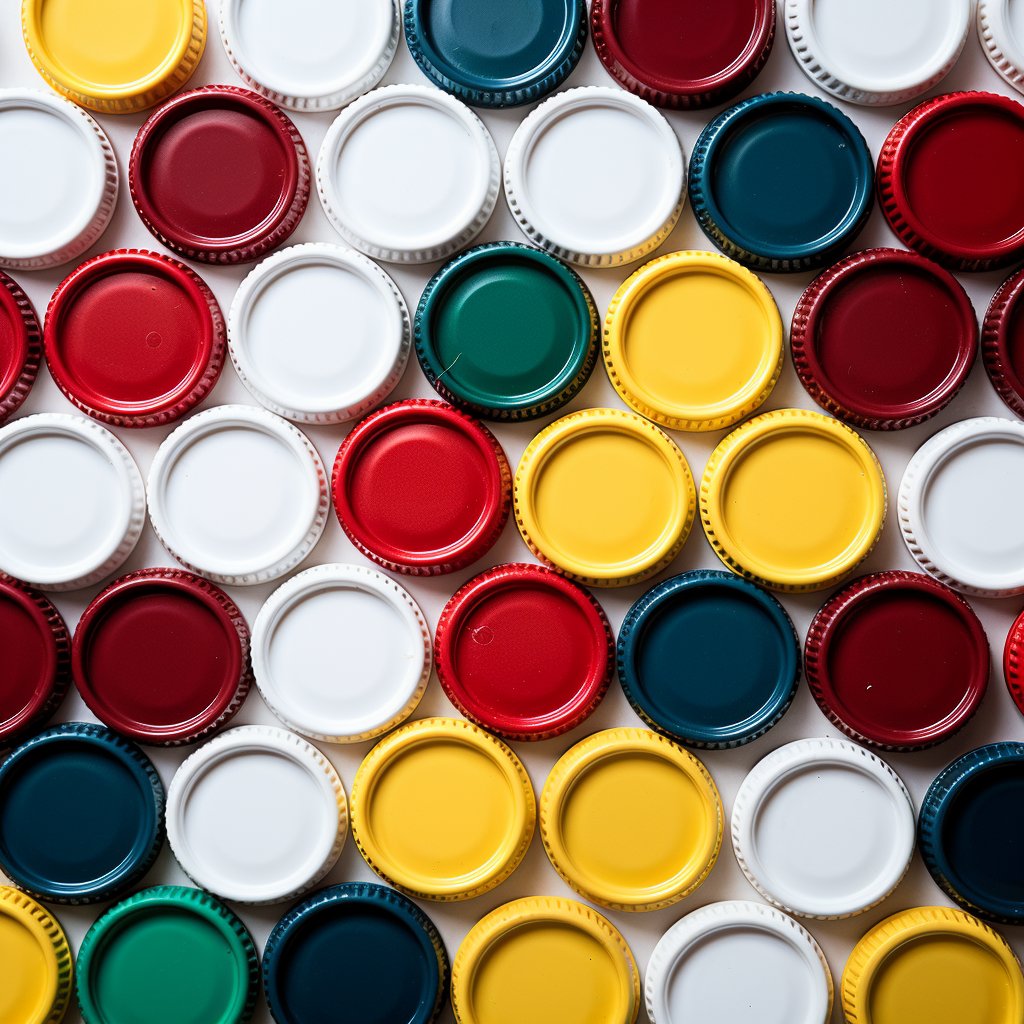Polycarbonate is a widely used thermoplastic polymer that has gained popularity due to its versatility, high impact resistance, and optical clarity. However, polycarbonate is also known for its toxic properties, particularly due to the presence of a toxic chemical known as bisphenol-A (BPA).
Polycarbonate is a popular thermoplastic material widely used in the plastics industry. It’s durability, transparency, and resistance to high temperatures and impact. However, the production and disposal of polycarbonate can have significant environmental and health impacts.

What is Polycarbonate?
Polycarbonate (PC) is a type of thermoplastic polymer commonly used to manufacture various products such as lenses, compact discs, electronic components, and automotive parts. It also produces household items such as water bottles, food containers, and baby bottles. The material is known for its high impact resistance, optical clarity, and excellent dimensional stability.
However, polycarbonate is not without its drawbacks. One of the main concerns is the presence of bisphenol-A (BPA), a toxic chemical used in PC production. BPA has been linked to a range of health issues, including reproductive disorders, developmental problems, and cancer. As a result, there has been a growing demand for BPA-free alternatives to polycarbonate.
Industrial Usage of Polycarbonate
Polycarbonate is used in various industrial applications, including electrical and electronic components, automotive parts, and medical devices. In the electrical and electronic industry, PC is used to manufacture LED lights, light covers, and computer components due to its excellent electrical insulation properties. In the automotive industry, PC is used to produce headlamp lenses, instrument panels, and safety glasses due to its high impact resistance.
Application Areas
Polycarbonate is widely used in various applications, including construction, packaging, and consumer goods. The construction industry uses PC to manufacture roofing sheets, skylights, and glazing due to its excellent impact resistance, UV stability, and fire retardant properties. In packaging, PC is used to produce food containers, water bottles, and baby bottles due to its clarity, toughness, and chemical resistance.
Consumer Product Examples
Polycarbonate is commonly used to produce consumer goods such as water bottles, food containers, and baby bottles. For example, Nalgene water bottles are made from polycarbonate, and they are popular among hikers and outdoor enthusiasts due to their durability and toughness. Baby bottles made from PC are also popular due to their resistance to shattering, and they are easy to clean.
Material Properties
Polycarbonate has a range of properties that make it suitable for various applications. The material has high impact resistance, making it ideal for applications where toughness and durability are essential. It also has excellent optical properties, making it suitable for lenses and light covers. Polycarbonate is also resistant to heat, chemicals, and UV radiation, making it ideal for outdoor applications.
Future Trends in Recycling
There is a growing trend towards sustainable and eco-friendly products, which drives the demand for more recyclable materials. Polycarbonate is a thermoplastic material that can be recycled, but the process is currently limited due to the presence of BPA. However, ongoing efforts are to develop BPA-free alternatives to PC that can be easily recycled.
Market Price Developments
In recent years, polycarbonate prices have been influenced by factors such as supply and demand, raw material prices, and regulation changes. The cost of raw materials used to produce polycarbonates, such as phosgene and bisphenol-A, can impact the final price of the material. Additionally, regulations and consumer demand for BPA-free alternatives have also impacted the price of polycarbonate. For example, the increased demand for BPA-free baby and water bottles has increased the price of alternatives such as polypropylene and Tritan copolyester.
Global Impact
Polycarbonate is a global commodity, with production and consumption occurring in various regions worldwide. Asia-Pacific is the largest consumer of polycarbonate, with China being the largest producer and consumer of the material. Other major producers and consumers include the United States, Europe, and Japan. The demand for polycarbonate is driven by various industries, including electronics, automotive, and construction.
The use of polycarbonate has raised concerns about its potential impact on human health and the environment due to the presence of BPA. As a result, many countries have implemented regulations to limit or ban the use of BPA in consumer products. For example, the European Union banned the use of BPA in baby bottles in 2011, and Canada added BPA to its list of toxic substances in 2010.
Future Market Prognosis
As the demand for more sustainable and eco-friendly materials increases, the future of polycarbonate may be impacted. Developing BPA-free alternatives to polycarbonate, such as Tritan copolyester and bio-based polycarbonate, may become more prevalent. Additionally, the use of recycled polycarbonate may increase as recycling technologies improve.
However, polycarbonate is still expected to have a significant presence in various industries due to its properties and versatility. The use of polycarbonate in applications such as automotive parts, electrical and electronic components, and medical devices is expected to continue, particularly in regions such as Asia-Pacific and North America.
In conclusion, while the use of polycarbonate has raised concerns about its potential toxicity, it continues to be a widely used material in various industries. As demand for more sustainable and eco-friendly materials grows, developing BPA-free alternatives and improvements in recycling technologies will play a significant role in the future of polycarbonate.
Environmental and Economic Impact
Environmental Impact
The production of polycarbonate can have negative environmental impacts. The manufacturing process involves using various chemicals, including bisphenol-A, which can risk human health and the environment if not properly managed. Additionally, the disposal of polycarbonate products can contribute to environmental pollution, particularly if they are not recycled.
The presence of BPA in polycarbonate has raised concerns about its potential impact on the environment. BPA can leach out of polycarbonate products, such as water bottles and food containers, and contaminate soil and water. BPA has been found in waterways and marine environments, where it can harm aquatic organisms. The potential impact of BPA on the environment has led to regulations and bans in some countries.
Economic Impact
Polycarbonate is a widely used in various industries, including electronics, automotive, and construction. Its properties, such as high strength and heat resistance, make it a desirable material for these applications. The production and consumption of polycarbonate contribute to the global economy.
Recycling Polycarbonates
When it comes to recycling, polycarbonate can present challenges due to its properties and the potential presence of BPA. However, ongoing efforts are to improve recycling technologies and increase the use of recycled polycarbonate.
Polycarbonate is a thermoplastic material, which means it can be melted and re-moulded multiple times. This property makes it a desirable material for recycling, as it can be used to create new products. However, the recycling process for polycarbonate can be challenging due to the potential presence of BPA, which can contaminate the recycled material.
To address these challenges, there are ongoing efforts to improve the recycling of polycarbonate. One approach is to develop technologies that can effectively remove BPA from recycled material. Another approach is to develop alternative methods of producing polycarbonate that do not involve the use of BPA.
The impact of Polycarbonate:
Polycarbonate is a versatile and widely used thermoplastic material that offers many advantages but also has significant environmental and health impacts. As the world becomes increasingly aware of these issues, there is growing interest in sustainable and responsible approaches to using polycarbonate. By taking a holistic view of the lifecycle of this material, we can create a more circular and sustainable plastics industry that meets society’s needs while preserving our planet’s health.
Polycarbonate is a widely used thermoplastic material that has gained popularity due to its versatility, high impact resistance, and optical clarity. However, the material is also known for its toxic properties due to the presence of BPA. Despite this, polycarbonate continues to be widely used in various industries, and there is ongoing research to develop more sustainable and eco-friendly alternatives. As the demand for sustainable products grows, there is a need for more research into BPA-free alternatives to polycarbonate and for more efficient and effective recycling processes for the material.






